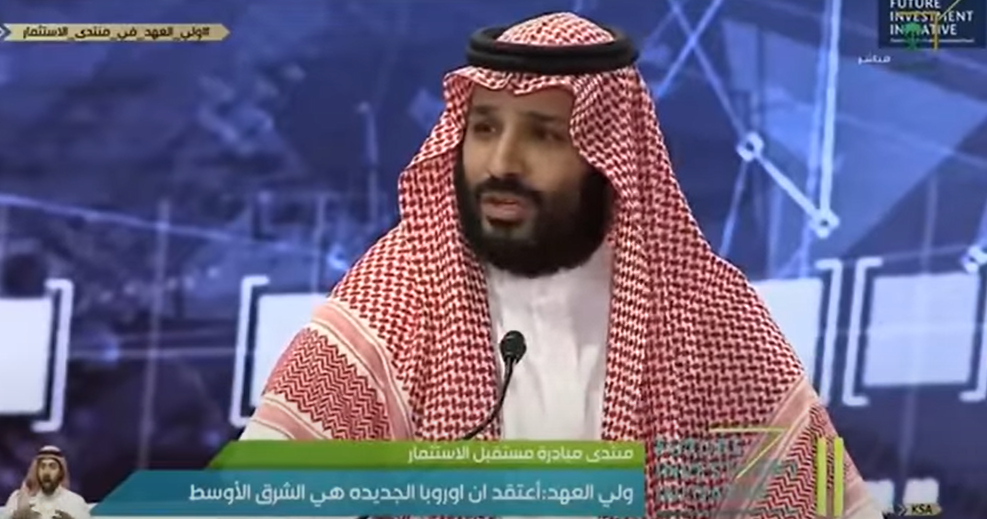Despite the potential costs involved, bin Salman’s determination to position Saudi Arabia as a prominent and progressive Middle Eastern nation is evident.
Saudi Arabia is gradually moving towards a trilateral agreement involving the United States and Israel.
The Saudi leadership acknowledges the concerns of the United States and Israel regarding its uranium enrichment activities, particularly in relation to nuclear weapons production.
As part of the agreement, Saudi Arabia is willing to subject its nuclear activities to increased international oversight.
This willingness may expedite negotiations with the United States regarding the establishment of a uranium enrichment facility within Saudi borders.
Crown Prince Mohammed bin Salman is actively pursuing this deal, even during the Biden administration.
Encouraged by the normalization agreements signed by the United Arab Emirates and Bahrain with Israel, he seeks to secure a similar pact for Saudi Arabia.
Bin Salman’s vision for Saudi Arabia encompasses transforming it into a developed and prosperous Middle Eastern nation that serves as a model of stability and inspiration for neighboring countries.
Bin Salman’s diplomatic efforts extend beyond Israel.
He has successfully reconciled with Iran, renewing diplomatic relations after a seven-year hiatus.
However, he remains cautious, recognizing the uncertainty of this renewed relationship and the potential threat posed by Iran’s nuclear ambitions.
Simultaneously, Saudi Arabia has engaged in talks with Houthi rebels in an attempt to end the ongoing conflict in Yemen, recognizing the vulnerability of its southern border and the Houthi threat, further exacerbated by Iranian support.
As the likely successor to his elderly father, King Salman bin Abdulaziz, Mohammed bin Salman is actively consolidating his position.
He recognizes that Saudi Arabia’s security hinges on strengthening economic ties with China and Russia while aspiring to a defense alliance with the United States.
Avoiding regional conflicts, he has improved relations with Turkey and endeavored to reintegrate Syria into the Arab League.
Bin Salman’s keen interest in normalizing relations with Israel reflects his belief in its regional strength and the potential benefits for Saudi Arabia.
While his stance on the Palestinian issue remains somewhat ambiguous, there is a divide between his remarks and those of Saudi Foreign Minister Faisal bin Farhan.
This raises questions about Saudi Arabia’s exact demands from Israel for normalization, whether it involves Palestinian statehood, recognition of East Jerusalem as the capital, or territorial concessions in Judea and Samaria.
Despite regional pressures, particularly from Iran, bin Salman has made a calculated risk in pursuing normalization with Israel.
He recognizes that Saudi Arabia’s reliance on oil as its primary revenue source may diminish in the coming years, while Iran’s nuclear capabilities pose a significant threat.
Thus, he seeks to strike a deal with the Biden administration and Israel, leveraging the current political landscape to secure Saudi Arabia’s position as a powerful and influential nation in the Middle East.
Conclusion:
Crown Prince Mohammed bin Salman’s ambition is to enhance Saudi Arabia’s regional prominence and internal stability. To achieve this, he aims to reduce the country’s dependence on oil, diversify its sources of income, and promote Saudi Arabia as a destination for religious tourism, cultural exchange, and sporting events. His recent English-language interview with Fox News serves as a testament to the evolving image of Saudi Arabia’s younger generation and as a persuasive tool to garner support for the trilateral deal with the Biden administration and Israel.




